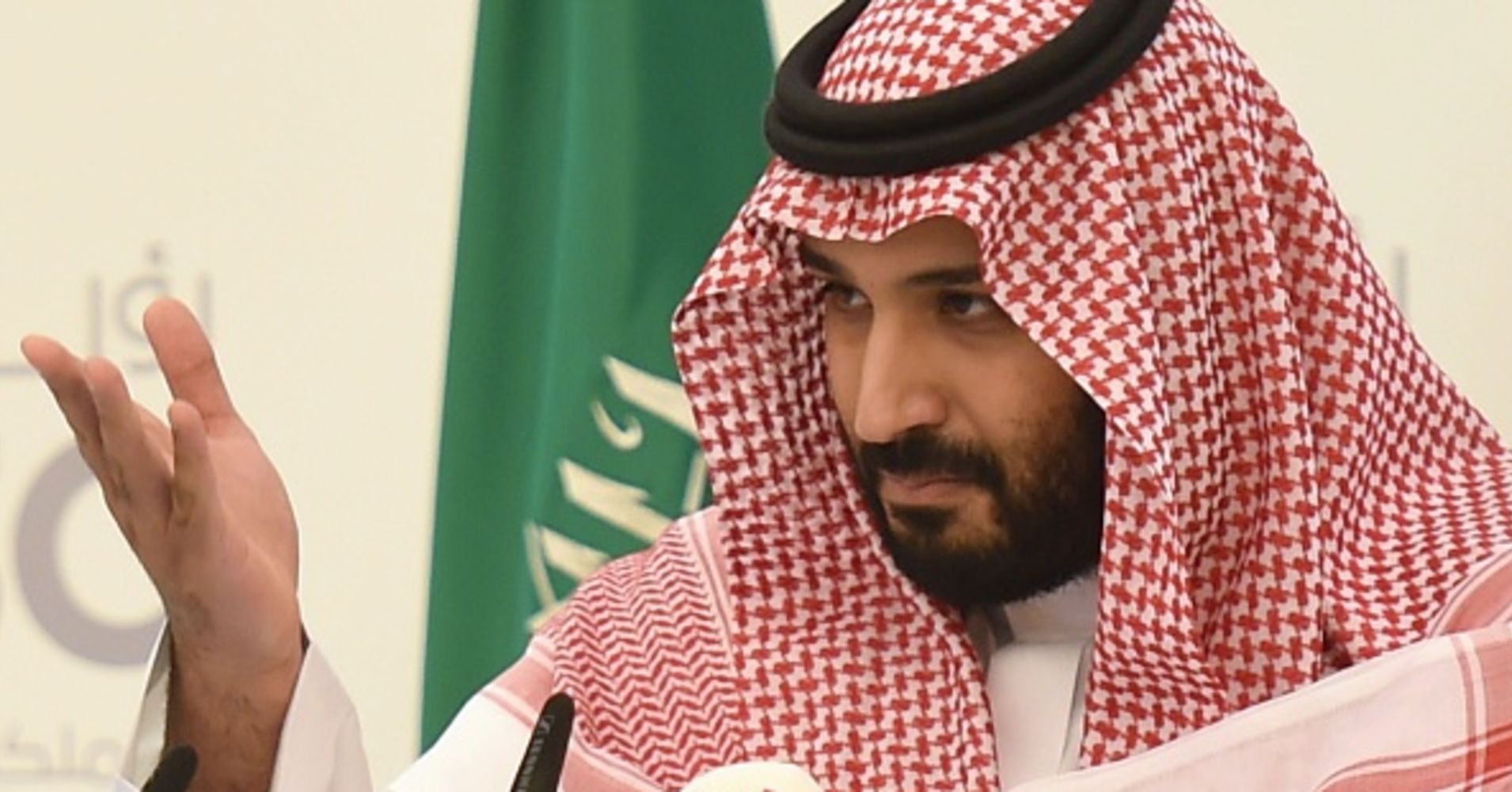
With Saudi Arabia denying a role in the sudden disappearance of a prominent journalist — and vowing to push back against any effort at international retribution — the chances are growing that the crisis could escalate, and ricochet across the global economy.
On Sunday, the world reacted to last week’s vanishing of Jamal Khashoggi, a Washington Post columnist and critic of the Saudi Government. The West has threatened consequences for the kingdom, which is suspected of having captured the journalist at a Saudi consulate in Istanbul.
The governments of the United Kingdom, France and Germany on Sunday called for a “credible investigation to establish the truth about what happened, and — if relevant — to identify those bearing responsibility for the disappearance of Jamal Khashoggi, and ensure that they are held to account.”
Although Saudi Arabia has fiercely denied any involvement, reports suggest Riyadh may been behind Khashoggi’s disappearance, with Turkey airing suspicions that the journalist may have been killed by Saudi operatives.
For the moment, the suspicions alone have imperiled Saudi Arabia’s carefully crafted plans to reform its economy and burnish its image abroad. Meanwhile, the reformist image cultivated by Crown Prince Mohammed bin Salman (MBS) is also in jeopardy.
“Right now, this episode is eroding all the good will and trust built up by MBS,” said Jonathan Schanzer, senior vice president at the Foundation for Defense of Democracies (FDD), a national security think tank. He called for caution in the face of a lack of actionable evidence against Saudi Arabia, and cast doubt on intelligence and reporting from Turkey that implicated Riyadh.
However, Saudi Arabia warned on Sunday against threats to punish the country over Khashoggi’s disappearance, while a growing number of Western companies and governments canceling appearances at an upcoming summit in Riyadh.
Among the high-profile executives who have said they won’t attend the kingdom’s Future Investment Initiative are J.P. Morgan Chase’s Jamie Dimon, Ford Motor’s Bill Ford and Uber’s Dara Khosrowshahi.
Analysts say that trying to isolate the kingdom internationally would not be easy, and could bring consequences for everyone else.
In theory, an escalation of tensions could send oil prices sharply higher, upend the Middle East peace process, and fracture international efforts to contain Iran. The Trump administration is pushing aggressively to take all Iranian oil off the market, and is relying on Saudi Arabia — one of the world’s largest oil producers that pumps over 10 million barrels per day — to keep its oil spigots open to curb surging crude.
Schanzer cited the fallout from the September 11 attacks. He said that realpolitik would likely prevent the West — especially the U.S.— from acting against the Saudis too aggressively, or pushing Riyadh into the embrace of antagonists of American interests, such as Russia.
“Historically, at even at the worst moments the leadership had found a way to move past the crisis, because both [the U.S. and Saudi Arabia] need each other so badly,” Schanzer told CNBC. Last year, the U.S. and Saudi Arabia sealed a weapons deal worth $350 billion over 10 years, solidifying an alliance that stretches back to the Cold War.
“You can see the inter dependency, and this is not easily brushed aside,” he added. “For the same reason we can’t decouple from Russia or China despite significant differences on foreign policy,” it would be equally difficult to isolate Riyadh, he added.
Meanwhile, Energy watchers are keeping a close eye on Brent crude, which has retreated from recent multiyear highs but remains near $80 per barrel. President Donald Trump, who vowed “severe punishment” if Khashoggi was killed, is banking on the Saudis to tamp down energy prices, and help offset lost Iranian supply.
“I think this could escalate very quickly and oil is an obvious weapon for Saudi Arabia to use if there’s retaliation against it,” said John Kilduff of Again Capital. “If they’re going to be sanctioned economically they will make sure everyone else is going to feel pain as well.”
Although oil prices haven’t yet priced in the crisis, Saudi Arabia’s benchmark stocks tumbled sharply on Sunday. Kilduff warned that the world could witness “a period of instability in Saudi Arabia like we’ve never seen before,” he said.
Matt Smith, director of commodity research at ClipperData, suggested that world oil prices were unlikely to be spurred by the Khashoggi mystery, “unless tension ratchets up dramatically from here. Although we have seen the Saudi equity market respond very negatively thus far, a risk premium in oil prices doesn’t seem warranted at this time.”
However, given the high stakes, FDD’s Schanzer added that Kashoggi’s disappearance could embolden other countries to take similar action against dissidents, if there were no reprisals.
“A dangerous precedent could be set, and there needs to be a response,” Schanzer added.
—Reuters contributed to this report.

